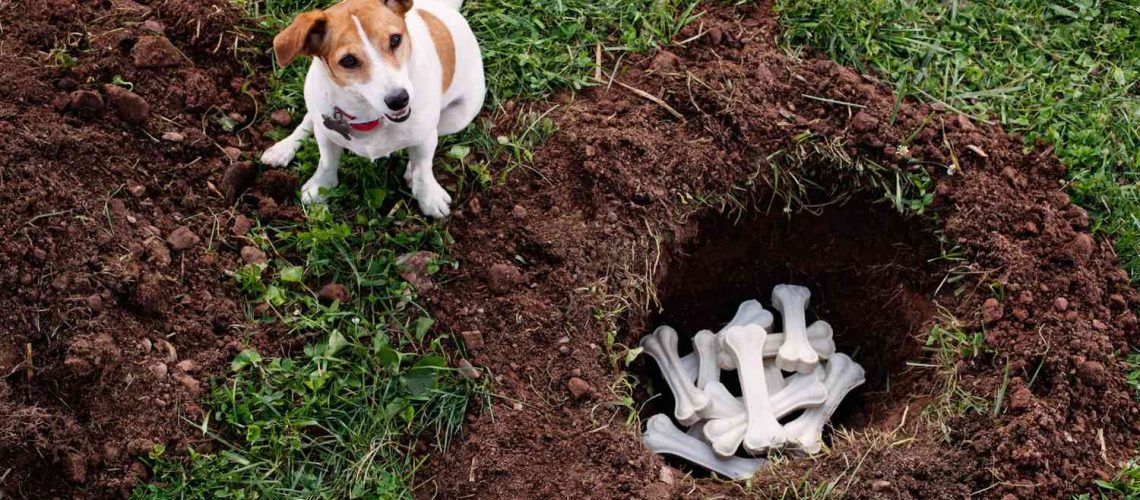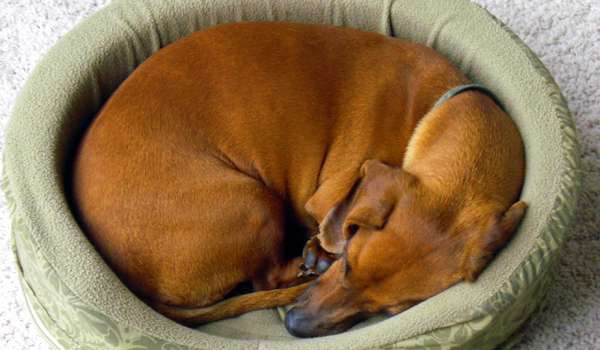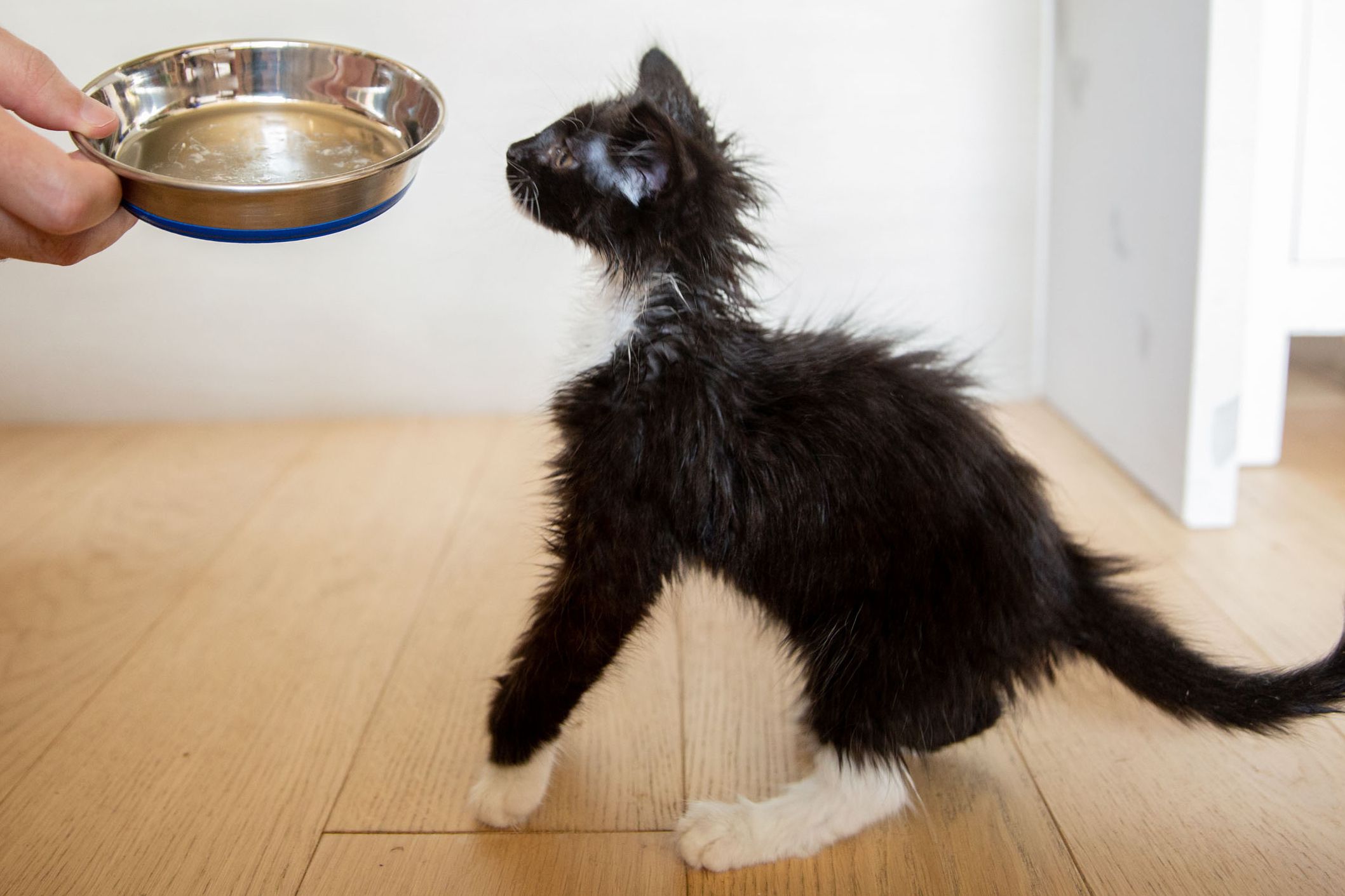Key Takeaways:
- Dogs bury bones and other objects as a natural instinct inherited from their wild ancestors.
- Burying objects can serve as a way for dogs to hide and protect their valuable resources.
- Dogs may bury bones to save them for later consumption, especially if they have an abundance of food at the moment.
- Burying objects can also be a form of play or entertainment for dogs, as they enjoy digging and engaging in activities that mimic their natural behaviors.
- Some dogs may bury objects simply because they find it enjoyable or comforting, even if there is no specific reason behind it.
Have you ever wondered why your furry friend buries their bones and other objects? Well, it turns out there is more to this behavior than meets the eye. Understanding why dogs engage in this fascinating ritual can provide valuable insights into their instincts and needs. Not only will you gain a deeper appreciation for your canine companion, but you'll also be able to better meet their needs and strengthen your bond. So, let's dig into the intriguing world of why dogs bury bones and other objects and unlock the secrets behind this age-old behavior. Get ready to uncover the hidden motivations that drive your dog's burying habits and discover how you can enhance their overall well-being in the process. After all, our four-legged friends deserve nothing but the best!
Why do dogs bury bones and other objects?
Dogs have a natural instinct to bury things, such as bones and toys. This behavior can be traced back to their wild ancestors, who would bury food to save it for later when they couldn't finish it all at once. Even though our pet dogs don't need to hunt for their meals, this instinct is still deeply ingrained in them.
When a dog buries something, it's like they are saving it for a rainy day. They may dig a hole in the ground or find a spot in the house where they feel safe and secure to hide their treasures. It's almost like a game for them, as they use their paws and nose to carefully cover up the object.
The purpose behind a dog's behavior of burying things
Dogs bury things for various reasons:
- Storing food: Dogs may bury bones or other treats because they want to save them for later when they might get hungry. It's like having a secret stash of snacks!
- Hiding prized possessions: Some dogs have favorite toys or objects that they treasure. Burying them is their way of keeping them safe from others who might try to take them away.
- Marking territory: By burying an object, dogs leave their scent on it. This is a way for them to mark their territory and let other animals know that this area belongs to them.
How does a dog's instinct influence their desire to bury objects?
A dog's instinct plays a big role in why they feel the need to bury things. It's like an automatic response that kicks in without them even thinking about it. Their ancestors had to survive in the wild, so burying food was a way to ensure they had something to eat later on.
This instinct is still present in our pet dogs today, even though they have regular meals provided for them. It's just part of their nature. So, when you see your furry friend burying a bone or toy, remember that it's not because they don't like it - it's simply their instincts at work!
The purpose behind a dog's behavior of burying things
Dogs have an innate instinct to bury objects, and this behavior can serve several purposes. One reason is that dogs may bury their possessions as a way to protect them. In the wild, dogs would hide their food or prized possessions underground to keep them safe from other animals or potential thieves. This behavior has been passed down through generations, even though most dogs today don't face the same threats in their domesticated lives.
Another purpose behind a dog's burying behavior is related to their natural scavenging instincts. Dogs are descendants of wolves, who were hunters and scavengers. Burying food or toys was a way for wolves to store resources for later use when food was scarce. Even though our pet dogs are well-fed, this instinctual behavior remains ingrained in their DNA.
Benefits of Burying Behavior:
- Protects possessions from theft or damage
- Mimics natural scavenging instincts
- Provides mental stimulation for dogs
Drawbacks of Burying Behavior:
- Can lead to lost items if not remembered by the dog
- May cause frustration if unable to dig or find a suitable spot indoors
- Can create mess and damage in gardens or yards
How does a dog's instinct influence their desire to bury objects?
A dog's instinct plays a significant role in their desire to bury objects. Instincts are deeply ingrained behaviors that animals inherit from their ancestors. In the case of dogs, their ancestors were wild wolves who relied on burying as a survival strategy.
The instinctual drive to bury objects is influenced by two main factors: protection and future needs. Dogs have an inherent need to safeguard their possessions, just like wolves did in the wild. By hiding things underground, they feel secure knowing that their treasures are hidden from potential threats.
Additionally, dogs have an instinctual understanding that resources may become scarce in the future. This is why they often bury bones or toys for later retrieval. It's a way for them to ensure they have something to fall back on when food or entertainment is limited.
Influence of Instinct on Burying Behavior:
- Driven by the need for protection and security
- Reflects an understanding of future needs and scarcity
- Rooted in the ancestral behavior of wild wolves
Specific reasons why dogs choose to bury bones instead of other items
While dogs may bury various objects, there are specific reasons why they often choose to bury bones. One reason is that bones are highly valued by dogs due to their taste and texture. Dogs have a natural instinct to chew on bones as it helps keep their teeth clean and satisfies their urge to gnaw.
Another reason is that bones are durable and long-lasting compared to other items. Soft toys or treats can easily be destroyed or consumed quickly, but a bone provides prolonged entertainment and mental stimulation for a dog. Burying a bone allows them to save it for later enjoyment without worrying about it getting spoiled or lost.
Furthermore, the smell of a bone can attract dogs even after it has been buried. Dogs have an exceptional sense of smell, and burying a bone intensifies its scent, making it easier for them to locate it when they want it again.
Reasons for Choosing Bones:
- High value due to taste and texture
- Durability provides extended entertainment
- Intensified scent makes locating easier
Variations in the tendency of different dog breeds to bury objects
The tendency of dogs to bury objects can vary among different breeds. While all dogs share the ancestral instinct, certain factors influence how strongly this behavior manifests in individual breeds.
One factor is the breed's history and purpose. Some breeds were specifically bred for hunting or retrieving, which can enhance their instinct to bury objects. For example, retrievers have a natural inclination to carry and hide items, including toys or bones.
Another factor is the dog's individual personality and training. Some dogs may have a stronger urge to bury objects due to their innate temperament or past experiences. Dogs that are more independent or possessive may be more inclined to engage in this behavior.
It's important to note that not all dogs exhibit this behavior equally. While some breeds may have a strong tendency to bury objects, others may show little interest in it. Understanding these variations can help dog owners better comprehend their pet's behaviors and provide appropriate outlets for their instincts.
Variations in Burying Behavior:
- Influenced by breed history and purpose
- Individual personality and training play a role
- Not all dogs exhibit the same level of burying behavior
The connection between this behavior and a dog's wild ancestors
The behavior of burying objects in dogs can be traced back to their wild ancestors, the wolves. Wolves were pack animals that relied on hunting and scavenging for survival. Burying food or prized possessions was an essential part of their survival strategy.
This ancestral connection explains why dogs still exhibit this behavior today, even though they live in domesticated environments. Dogs share a significant amount of genetic material with wolves, including the instinctual drive to protect resources and prepare for future needs.
While our pet dogs no longer face the same challenges as wild wolves, their DNA retains these ancient behaviors. Understanding this connection helps us appreciate that our furry companions are not just cute pets but descendants of formidable hunters who had to rely on burying as a means of survival.
Potential risks and drawbacks associated with dogs burying bones and other objects
While burying behavior can be natural and instinctual for dogs, it's important to be aware of potential risks and drawbacks associated with this behavior.
One risk is that buried bones or objects may attract unwanted pests such as rodents or insects. The scent of buried items can lure these creatures into your yard or home, potentially causing infestations or damage.
Another drawback is the possibility of your dog forgetting where they buried their possessions. This can lead to frustration for both the dog and the owner, as the buried item may never be found again. Additionally, if a bone is buried in an inappropriate location indoors, it can result in mess and damage to furniture or flooring.
Lastly, some dogs may become possessive over their buried items, leading to aggression if someone approaches their hiding spot. It's essential to monitor your dog's behavior during burying activities and ensure they are not displaying signs of possessiveness that could escalate into aggression.
Risks and Drawbacks:
- Attracts pests like rodents or insects
- Potential loss of buried items if forgotten by the dog
- Possibility of possessiveness leading to aggression
In conclusion, dogs bury bones and other objects as a natural instinct inherited from their wild ancestors. This behavior helps them store food for later, mark their territory, and satisfy their natural instincts.
Why does my dog bury his toys and bones?
It is common to see dogs burying things like bones or food, and you may have wondered why they do this. There are several reasons why dogs have this behavior, including instinct, seeking security, boredom, or even trying to get your attention.
Why do dogs bury some bones and not others?
Persisting Instinct
However, similar to the innate abilities of herding, hunting, and tending, the act of burying resources is a natural instinct for dogs, although certain dogs may display this behavior more prominently than others. It is worth mentioning that owners of hunting breeds appear to observe this behavior more frequently compared to owners of herding or non-sporting breeds.
Why does my dog dig and hide things?
According to The Spruce Pets, this instinct of burying leftovers is passed down from their ancestors. When they are able to catch or scavenge a large meal, they bury it in the ground to protect and preserve it from other scavengers. This behavior is innate to them.
Why do dogs bury other animals?
Dogs would create natural refrigerators for their carcasses and bones by burying them. The soil acted as a barrier to prevent other animals from smelling and locating the food, and it also preserved freshness by blocking sunlight. Additionally, the food would absorb the flavors of the earth, similar to marination.
Why do dogs bury things they don't like?
Stress and anxiety can contribute to this behavior in dogs. When dogs feel anxious, they may bury items as a way to comfort themselves because digging is a behavior that helps soothe them. If a dog doesn't feel safe in their current environment or during mealtime, they may bury their food to eat in a more comfortable place or at a more convenient time.
Why does my dog try to bury my baby?
Numerous videos of dogs "tucking a newborn in" have gone viral. Based on the comments, it is commonly believed that the dog is attempting to keep the baby warm and show affection, like a caring older sibling. However, these seemingly adorable behaviors are actually food caching behaviors.

















